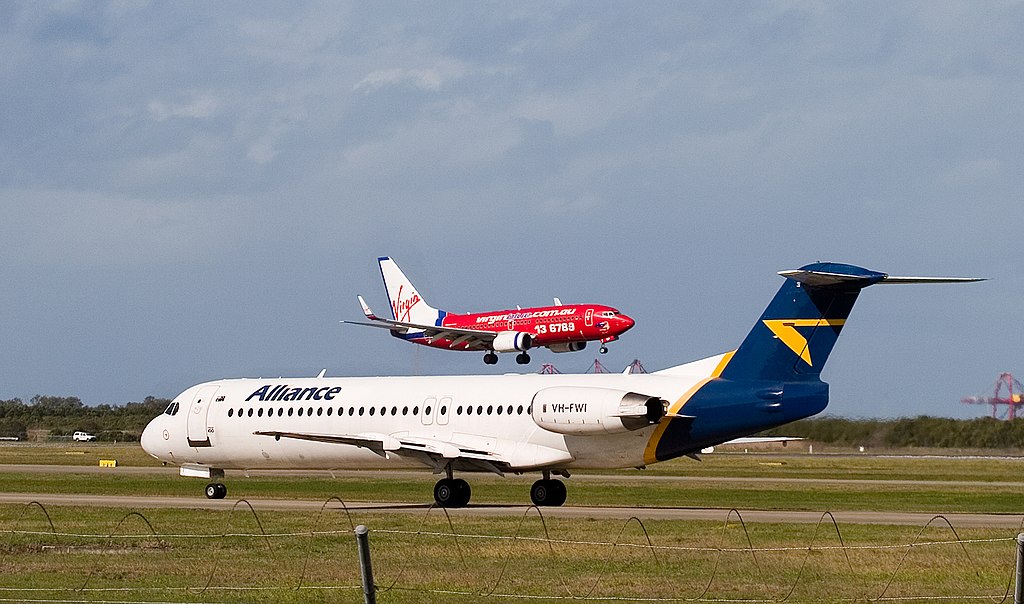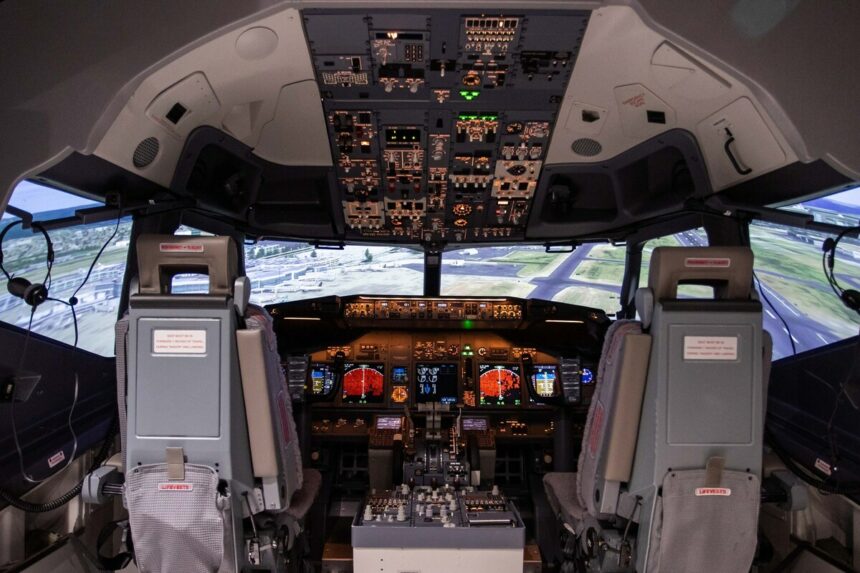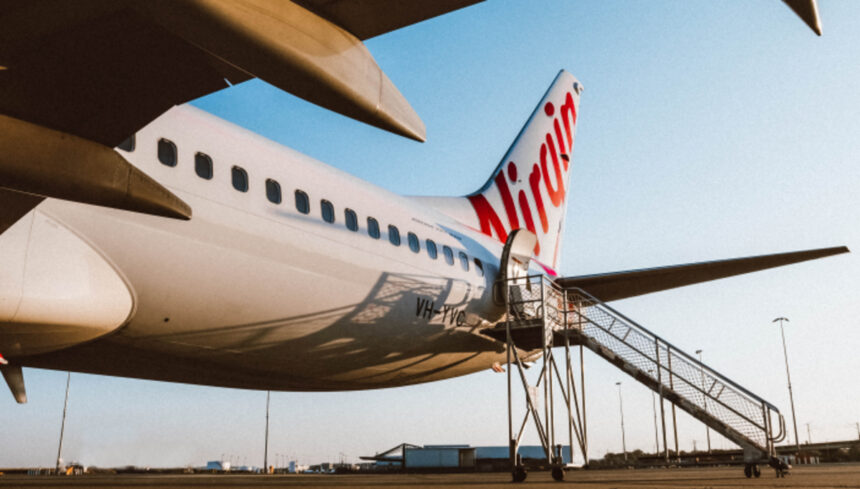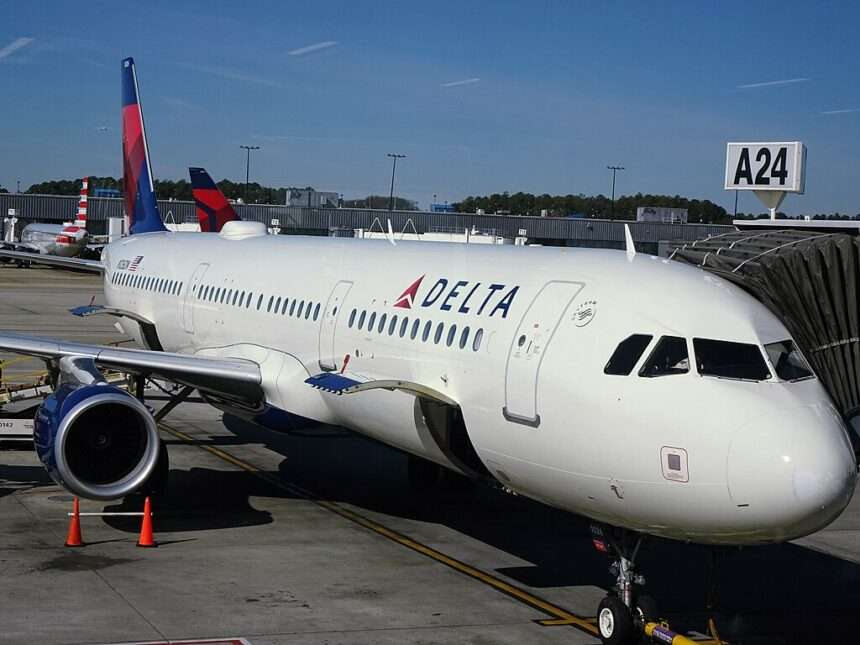The Australian competition watchdog ACCC has denied Virgin Australia Airlines and Alliance Aviation Services’ application for re-authorisation of their alliance agreement.
The previous agreement allowed the two Australian aviation operators to coordinate and jointly tender for and supply services to corporate customers, mainly for fly-in fly-out employees.
Background
Virgin Australia and Alliance Airlines sought ACCC authorisation for the extension of their charter alliance agreement because some parts of it raise concerns under the cartel and other restrictive practices provisions of the Competition and Consumer Act.
Virgin Australia operates a network of domestic and international Regular Public Transport services from its main hub at Brisbane Airport in Queensland.
Virgin Australia Regional Airlines (VARA) operates from a base at Perth airport, primarily providing charter flights throughout Western Australia. VARA also has access to Virgin Australia’s national network of Regular Public Transport services.
Alliance Airlines has a national network of charter services but only offers limited Regular Public Transport services.
ACCC reasoning
The Australian Competition & Consumer Commission (ACCC) holds the responsibility to ensure that there is an appropriate level of competition in the market to benefit consumers, businesses and the community.
[monsterinsights_popular_posts_inline]
In making the ruling to deny the reapplication of an alliance agreement between the two Australian aviation operators, the ACCC explained their stand as follows:
“This application involves the second and third largest providers of FIFO services jointly tendering and coordinating services.”
“The airlines have not demonstrated to us that there’s sufficient public benefit to outweigh the likely detriment from their proposed coordination, so we have decided not to re-authorise the conduct,” ACCC Chair Gina Cass-Gottlieb said.
“We’re concerned that continuing the charter alliance is likely to reduce the number of bidders in tender processes for charter services, particularly when there would only be one other large provider of these services, and so the potential incentives to reduce service levels or raise prices for FIFO charter services would remain.”
Public benefits not met
The ACCC considers that the charter alliance has not delivered the extent of public benefits that were foreshadowed when it authorised these arrangements in 2017.
The ACCC took into account the past experience of the charter alliance’s operations in its assessment of the likelihood and extent of public benefits that the airlines claimed would arise if the alliance was re-authorised.
The ACCC found that, while there is some support for the alliance, a number of customers do not place significant value on having a combined charter and Regular Public Transport service offering from Virgin and Alliance, and would prefer the airlines submit stand-alone bids in response to their tenders.
“The agreement to not compete for each other’s customers, while not always implemented to date, is also likely to reduce competition and incentives for the airlines to invest and innovate,” Ms Cass-Gottlieb said.
On balance, the ACCC was not satisfied that the public benefits of the agreement outweighed the public detriments.
The previous agreement allowed the two Australian aviation operators to coordinate and jointly tender for and supply services to corporate customers, mainly for fly-in fly-out employees.
Background
Virgin Australia and Alliance Airlines sought ACCC authorisation for the extension of their charter alliance agreement because some parts of it raise concerns under the cartel and other restrictive practices provisions of the Competition and Consumer Act.
Virgin Australia operates a network of domestic and international Regular Public Transport services from its main hub at Brisbane Airport in Queensland.
Virgin Australia Regional Airlines (VARA) operates from a base at Perth airport, primarily providing charter flights throughout Western Australia. VARA also has access to Virgin Australia’s national network of Regular Public Transport services.
Alliance Airlines has a national network of charter services but only offers limited Regular Public Transport services.
ACCC reasoning
The Australian Competition & Consumer Commission (ACCC) holds the responsibility to ensure that there is an appropriate level of competition in the market to benefit consumers, businesses and the community.
In making the ruling to deny the reapplication of an alliance agreement between the two Australian aviation operators, the ACCC explained their stand as follows:
“This application involves the second and third largest providers of FIFO services jointly tendering and coordinating services.”
“The airlines have not demonstrated to us that there’s sufficient public benefit to outweigh the likely detriment from their proposed coordination, so we have decided not to re-authorise the conduct,” ACCC Chair Gina Cass-Gottlieb said.
“We’re concerned that continuing the charter alliance is likely to reduce the number of bidders in tender processes for charter services, particularly when there would only be one other large provider of these services, and so the potential incentives to reduce service levels or raise prices for FIFO charter services would remain.”
Public benefits not met
The ACCC considers that the charter alliance has not delivered the extent of public benefits that were foreshadowed when it authorised these arrangements in 2017.
The ACCC took into account the past experience of the charter alliance’s operations in its assessment of the likelihood and extent of public benefits that the airlines claimed would arise if the alliance was re-authorised.
The ACCC found that, while there is some support for the alliance, a number of customers do not place significant value on having a combined charter and Regular Public Transport service offering from Virgin and Alliance, and would prefer the airlines submit stand-alone bids in response to their tenders.
“The agreement to not compete for each other’s customers, while not always implemented to date, is also likely to reduce competition and incentives for the airlines to invest and innovate,” Ms Cass-Gottlieb said.
On balance, the ACCC was not satisfied that the public benefits of the agreement outweighed the public detriments.









